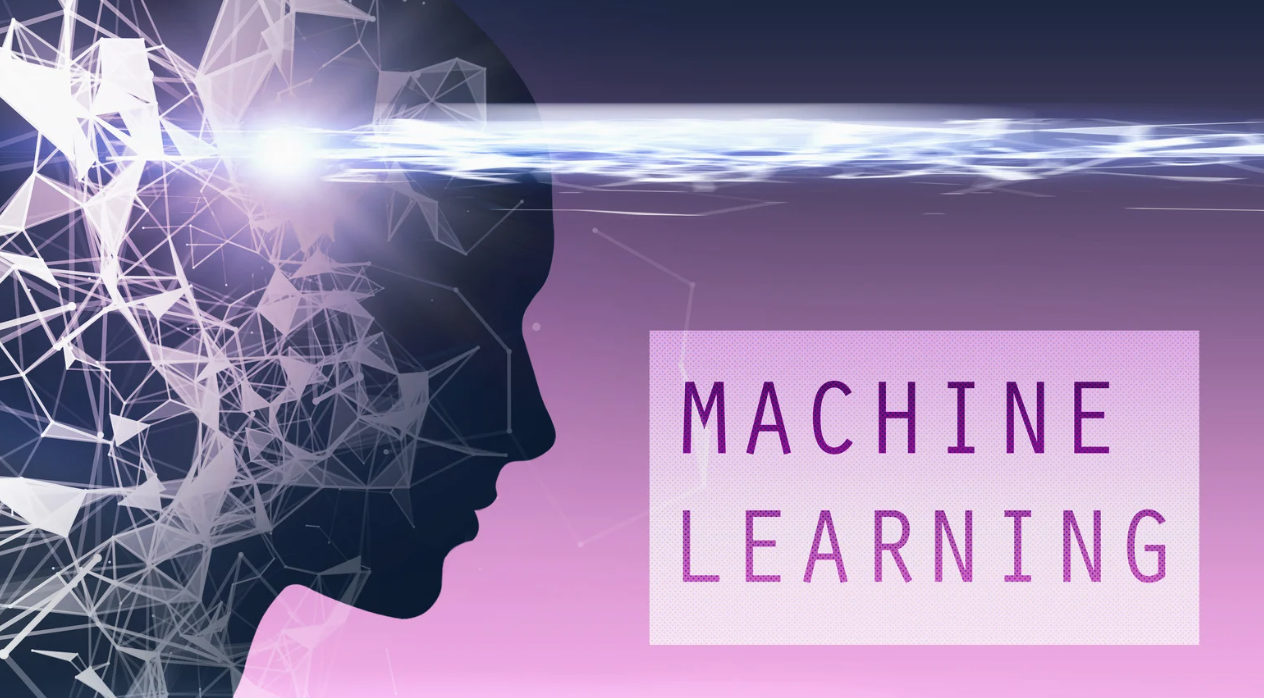Machine learning (ML) has progressed from university research and experimental initiatives to real-world applications that generate corporate value. As enterprises grasp the value of ML, there is a rising desire to expand these technologies across industries. This technique, known as “industrializing machine learning,” aims to operationalize ML systems so that they can be efficiently deployed, maintained, and expanded across a range of use cases.
In this blog, we’ll look at what industrializing machine learning entails, the problems that firms encounter throughout this change, and the benefits that it provides for sustained growth.
What is Industrializing Machine Learning?
Industrializing machine learning is the process of incorporating ML into a company’s daily operations in a scalable, repeatable, and efficient manner. It is the transition from experimental ML models to production-ready systems capable of handling real-world complexities and business requirements. This includes automating procedures, improving infrastructure, and ensuring that models are continuously reviewed, updated, and maintained.
The goal is to integrate machine learning (ML) smoothly into business tasks such as anticipating customer behavior, automating decision-making processes, and optimizing supply chain logistics. Industrialized ML enables businesses to leverage data-driven insights on a big scale, improving operational efficiency and strategic decision-making.
Key Challenges in Industrializing Machine Learning
Scaling machine learning from proof-of-concept models to enterprise-grade solutions poses various obstacles.
1. Data quality and availability
Machine learning models rely largely on high-quality data to train and make accurate predictions. However, gathering, cleansing, and managing enormous amounts of data can be difficult. Inconsistent, incomplete, or biased data can have a negative impact on model performance, making it critical for businesses to build strong data pipelines before deploying machine learning systems.
2. Model deployment and monitoring
Once an ML model is created, putting it into production contexts can be difficult. It is not enough to build a workable model; industries must have procedures in place to verify that models perform consistently under changing conditions. This involves enabling real-time monitoring, automating updates, and ensuring that models react to new data without operator intervention.
3. Infrastructure & Scalability
Building and running ML models involves tremendous computational resources, particularly when dealing with large amounts of data. Businesses must invest in scalable infrastructure, such as cloud computing and GPUs, to manage large-scale data processing and algorithm training. They also require adaptable infrastructures that can scale as ML usage increases.
4. Governance & Compliance
As machine learning (ML) becomes more prevalent in industries such as finance, healthcare, and manufacturing, regulatory compliance becomes increasingly important. Ensuring that ML systems meet industrial standards, data protection rules, and ethical AI guidelines can be difficult. Robust governance structures are required to manage risk, provide transparency, and avoid unintentional biases in ML models.
Steps for Industrializing Machine Learning
To successfully industrialize machine learning, a set of actions must be taken to expedite ML model creation, implementation, and scaling:
1. Automating ML pipelines
To successfully grow machine learning, enterprises must automate the entire process of model creation, training, and deployment. Machine Learning Operations (MLOps) is a critical enabler for industrialization. MLOps integrates DevOps methods with machine learning, automating everything from data acquisition and feature engineering to model training and deployment. This minimizes the need for manual intervention, accelerates development cycles, and ensures consistent performance.
2. Building Scalable Infrastructure
Cloud-based infrastructure provides the flexibility and processing capacity required to scale machine learning operations. Cloud platforms like as AWS, Google Cloud, and Azure provide services tailored to ML workloads, such as managed data storage, processing clusters, and machine learning frameworks. Businesses that use cloud infrastructure may handle enormous datasets and support high-demand models without having to redesign their internal systems.
3. Implementing Continuous Monitoring and Improvement
Once an ML model is implemented, it is critical to track its performance in real time. Model drift occurs when data distributions shift over time or new inputs impair model accuracy. Continuous monitoring technologies can automatically determine when models need to be retrained or updated, maintaining their effectiveness in dynamic contexts.
4. Promoting Collaboration Across Teams
ML initiatives frequently include data scientists, developers, operational teams, and business stakeholders. To industrialize machine learning, firms must encourage cross-functional collaboration. Shared tools, centralized platforms, and integrated processes are critical to ensuring that teams can successfully communicate and collaborate throughout the model creation and deployment process.
Advantages of Industrializing Machine Learning
Industrializing machine learning has numerous key benefits for businesses:
1. Increased efficiency
Automation of ML operations decreases the time and effort necessary to create, train, and deploy models. This enables firms to deploy ML solutions more quickly, streamline processes, and free up data science teams to work on higher-value jobs.
2. Scalability
Industrialized ML allows enterprises to expand their AI activities across various departments or functions. Scalable ML models can be used for a variety of purposes, from marketing automation to fraud detection, maximizing the value of data.
3. Improved Decision Making
Businesses can use large-scale ML models to make more accurate and data-driven decisions. Industrialized machine learning delivers real-time insights and predictive analytics, which improve decision-making in important areas including supply chain management, customer experience, and financial planning.
4. Lower risk of errors
Businesses that implement automatic monitoring and retraining systems can ensure that their machine learning models continue to function optimally even if data or market conditions change. This lowers the possibility of errors and assures consistent results from machine learning applications.
Conclusion
Industrializing machine learning is a critical step toward realizing the full potential of AI across businesses. Organizations may transition ML from experimental models to production-ready systems with significant commercial effect by automating operations, developing scalable infrastructure, and encouraging collaboration. Companies that effectively industrialize ML will be better positioned in 2024 and beyond to harness the power of data and stay ahead in an increasingly competitive market.



